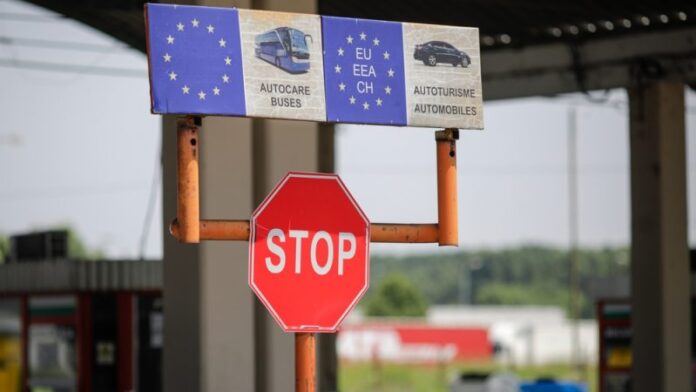A delegation of the Romanian parliament came to Vienna on Monday to discuss overcoming the Austrian blockade of the country’s Schengen accession, criticising Austria’s hesitation in resuming a dialogue, according to Euractiv.
Romanian delegates arrived in Vienna on Monday to discuss the country’s Schengen accession after Austria, and the Netherlands blocked Romania and Bulgaria from joining the visa-free Schengen zone in December, with Austrian Chancellor Karl Nehammer claiming that many unregistered migrants or asylum seekers would come via those countries to Austria.
“We want to find out whether we still have a reliable partner in Austria and whether it will be possible to draw up a roadmap,” the head of the Romanian delegation, former Foreign Minister Titus Corlatean, told journalists on Monday, APA reported.
He also complained that it was not easy to put together the programme of talks due to Austria’s “hesitation” in resuming a dialogue.
The talks aim to “restore mutual trust and rebuild the bridges between the two states, which have been quite damaged,” Corlatean said at a press conference at the Foreign Press Association in Vienna.
He stressed that migration could also be discussed, but it was important not to mix the two topics.
Austria’s “unforeseeable” veto against Romania’s admission to the Schengen area would have caused “serious damage” not only to bilateral relations but also could have led to political consequences in Romania by fuelling anti-European forces, with Romanians feeling “humiliated”, Corlatean said.
“But we don’t want anti-European sentiment to spread in our country,” Corlatean warned, pointing out that four elections – the EU election and local, parliamentary and presidential elections – were scheduled in Romania next year.
Therefore, he said it was important to take concrete steps regarding Schengen before the year’s end.
Despite heavy criticism from EU partners like Germany, Austria’s Integration Minister Susanne Raab justified the Schengen veto in January, saying there would be no point in expanding a “broken system”.
The number of asylum requests in Austria tripled last year to 108,490 applications, making it the EU nation with the sharpest increase overall.


